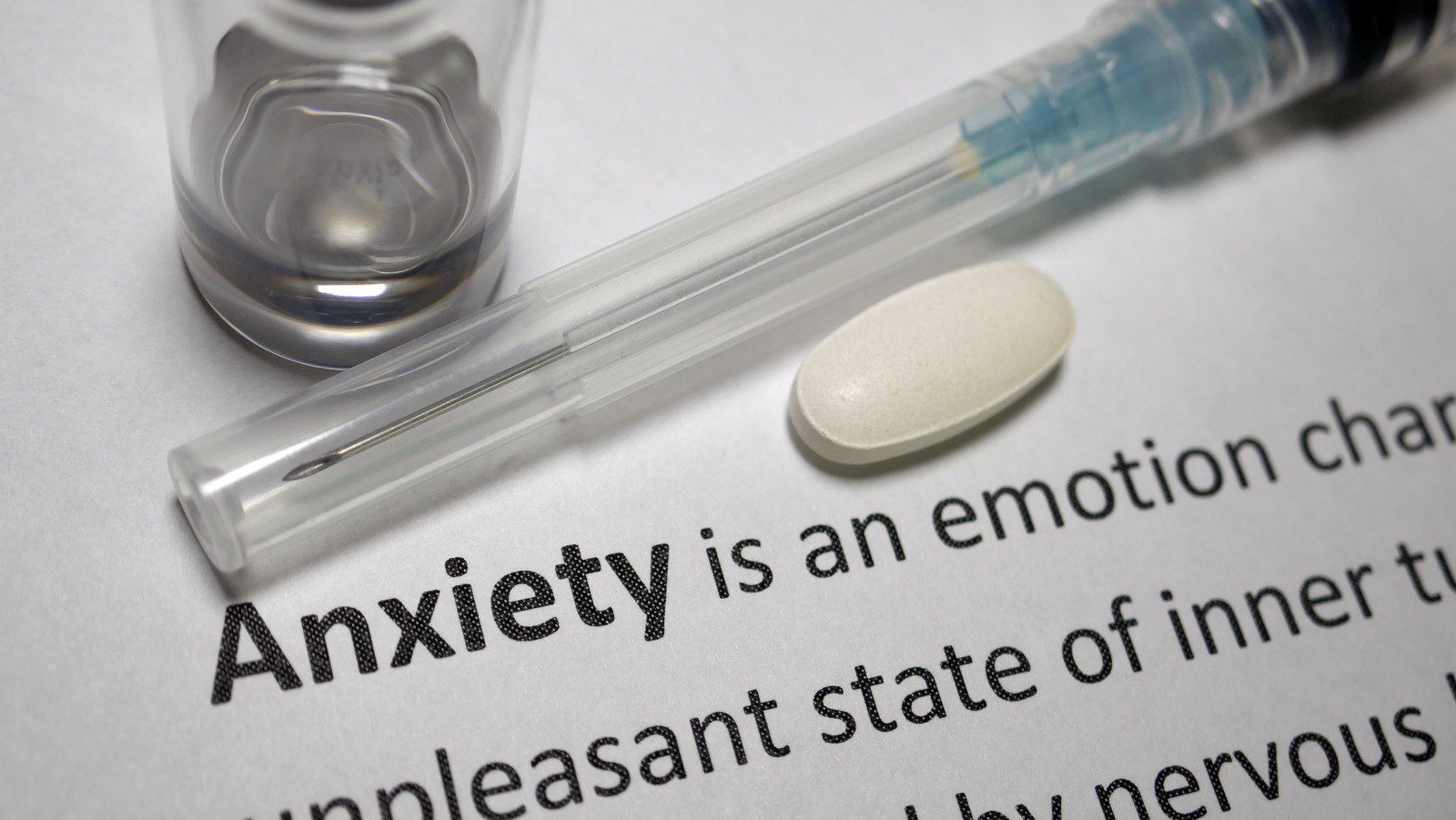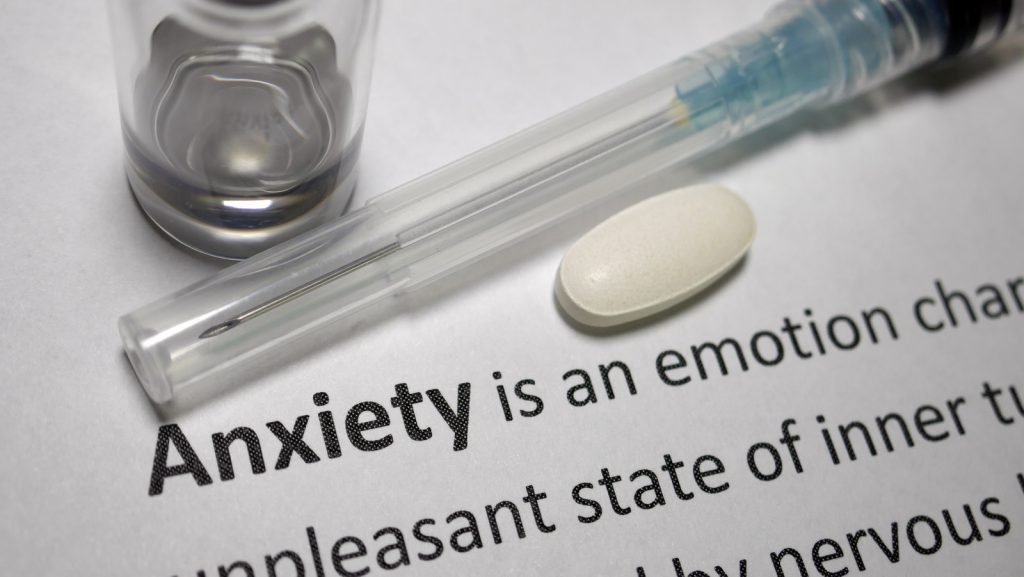
What Successful Companies Are Doing To Ensure Their Employees Stay Healthy
As the saying goes, “Health is Wealth” and this highlights the importance of our lifestyle choices that plays a critical role in our longevity. If you think it is expensive to stay healthy, try getting sick.
And if you think maintaining a balanced and healthy diet and exercising is expensive, think again.
What is the point if you can afford to go for a luxurious meal but yet unable to eat the food due to health conditions?
Hence, many successful companies such as Twitter are investing heavily into employee benefits, where they create a healthy culture of living benefits in the workplace.
One of the healthy initiatives that they have adopted is by taking care of employees’ health through targeted wellness programs. The benefits of a healthy workforce are immense and most importantly, employees will improve in both their work and life balance, thereby translating to increased productivity and higher job satisfaction as well.
Here at MHC, we help organisations optimise their employee benefits program by customising a flex wellness program that fits organisations of any size. Not only do we offer a diverse range of fitness bootcamps, health talks and onsite health screening for employees to choose from, we also create a healthy culture of living benefits with targeted wellness improvisations for your organisation!
An example of the professional services that we offer would be looking at the overall corporate health and dynamics of employees of an organisation before coming up with a customised program plan to achieve specific goals and ensuring that they are met.
Not convinced?
Corporate working life may disrupt the work-life balance of employees, especially the younger executives of age between 22 to 35. As a result, some of them would want to prioritise work and do extra night shifts just to climb the corporate ladder, ultimately leaving them with little or no time to exercise. Over time, they may burn out or even suffer from health complications due to lack of care.
In MHC, we believe in a healthy work-life balance and moderation is key.
By introducing targeted wellness programs for targeted employee age groups, it would remind them to take care of their health and stay healthy. If you want to help your employees manage their fitness and are at a loss of where to start, we have a one stop solution for you to cover all your corporate needs. We believe in the importance of staying active through healthy lifestyle choices and everyone (employers and employees) deserves better. Speak to a consultant today and discover the best tailored solutions for you and your company!
Authored by: MHC
















